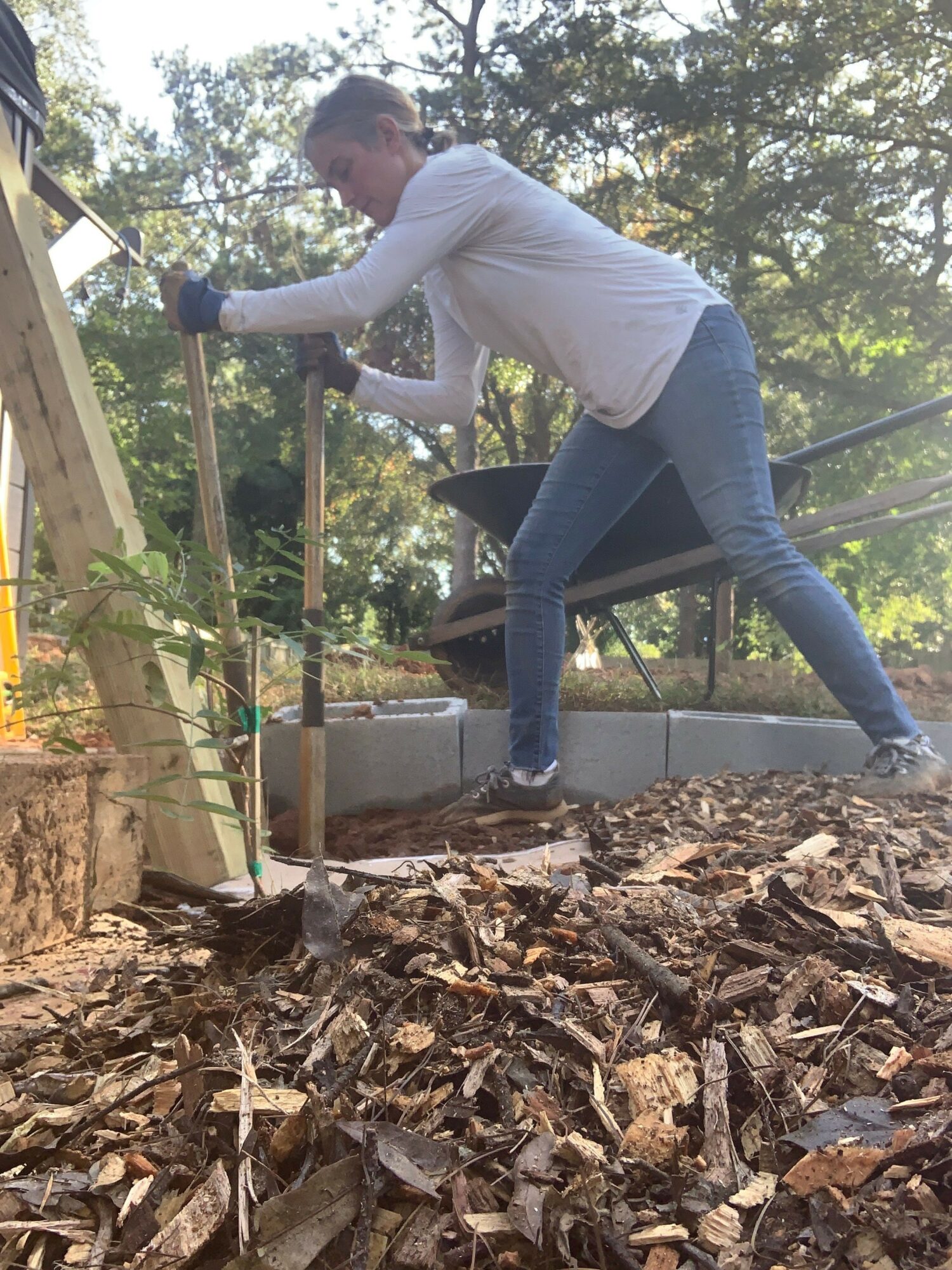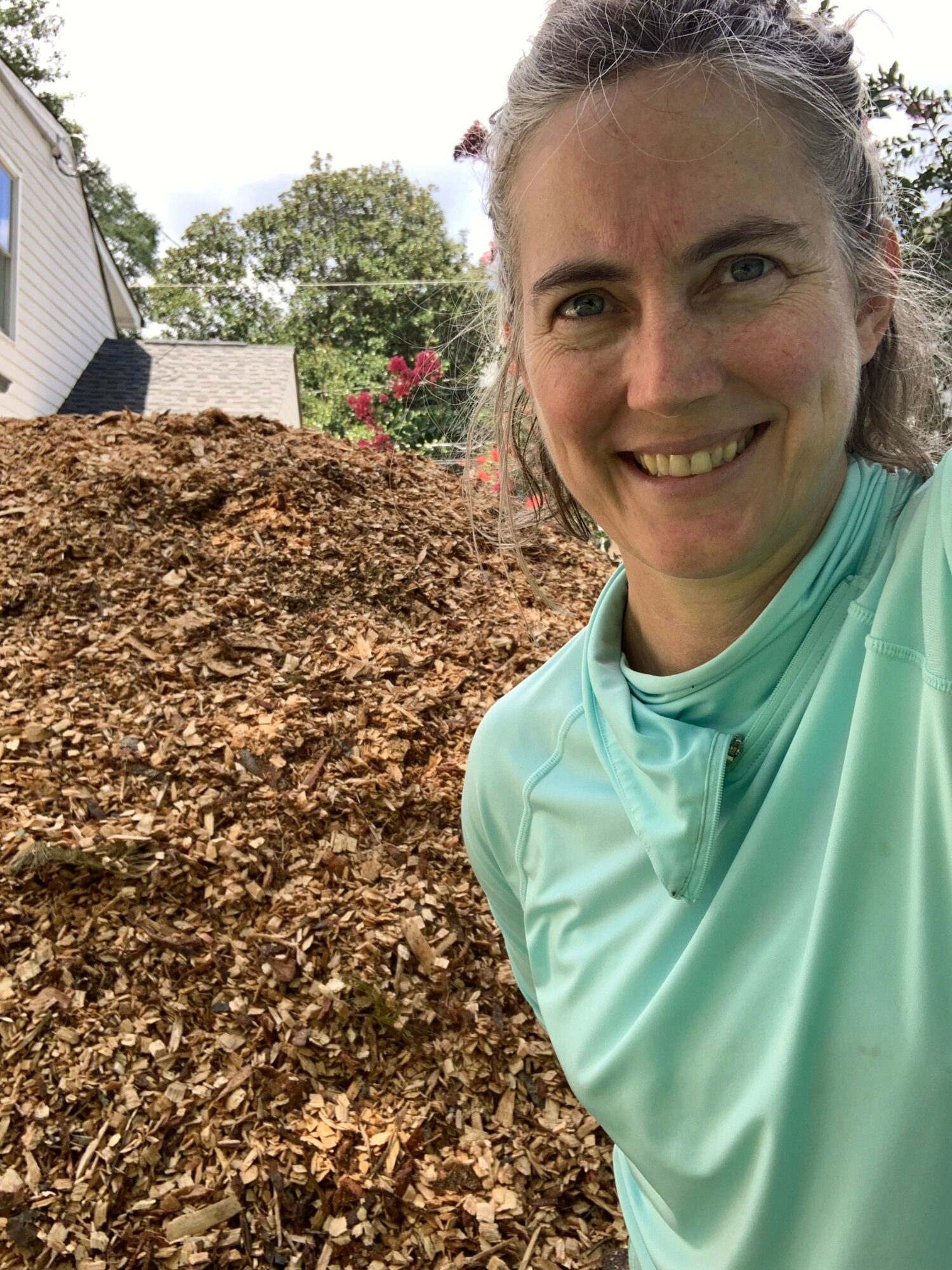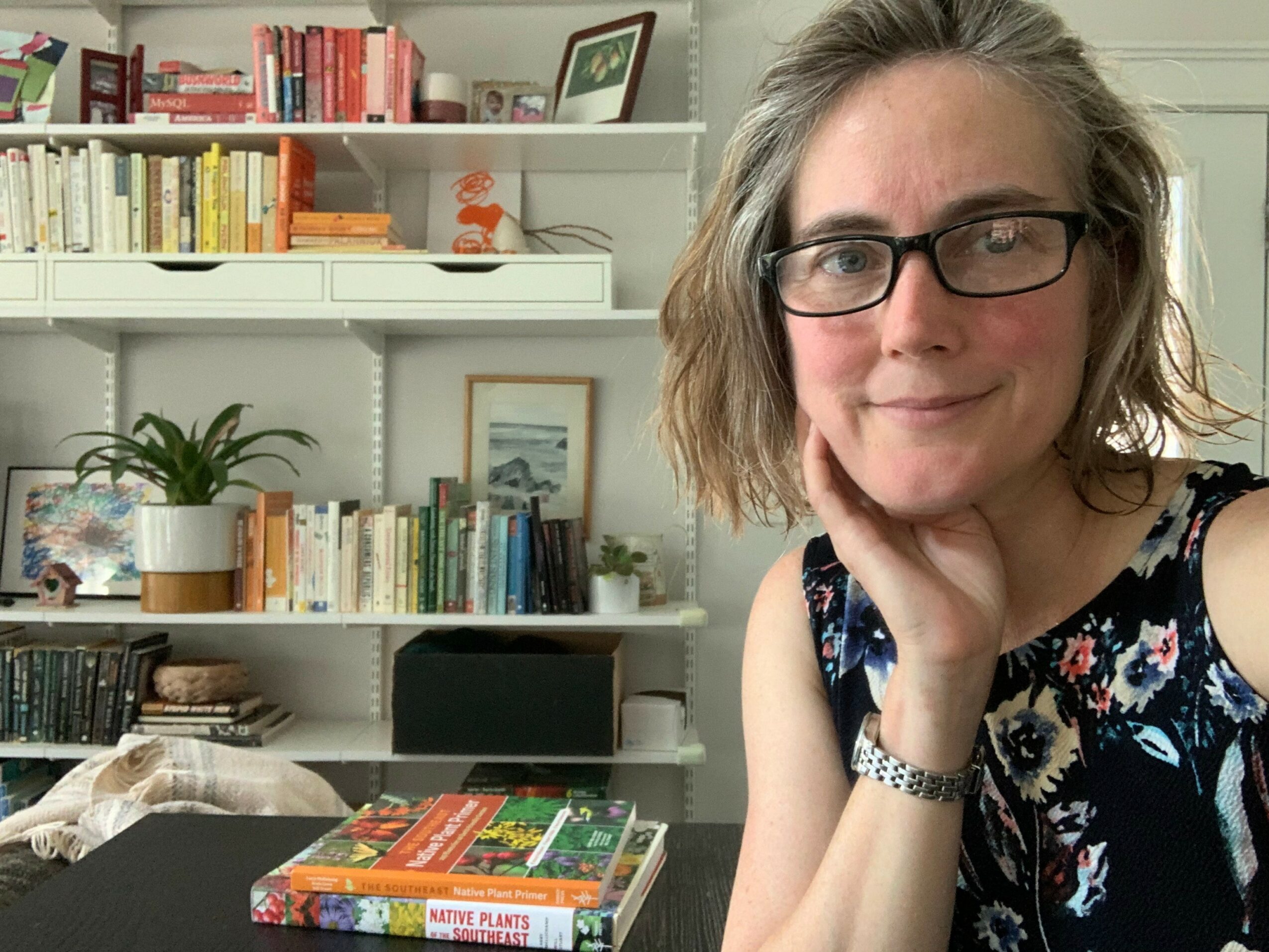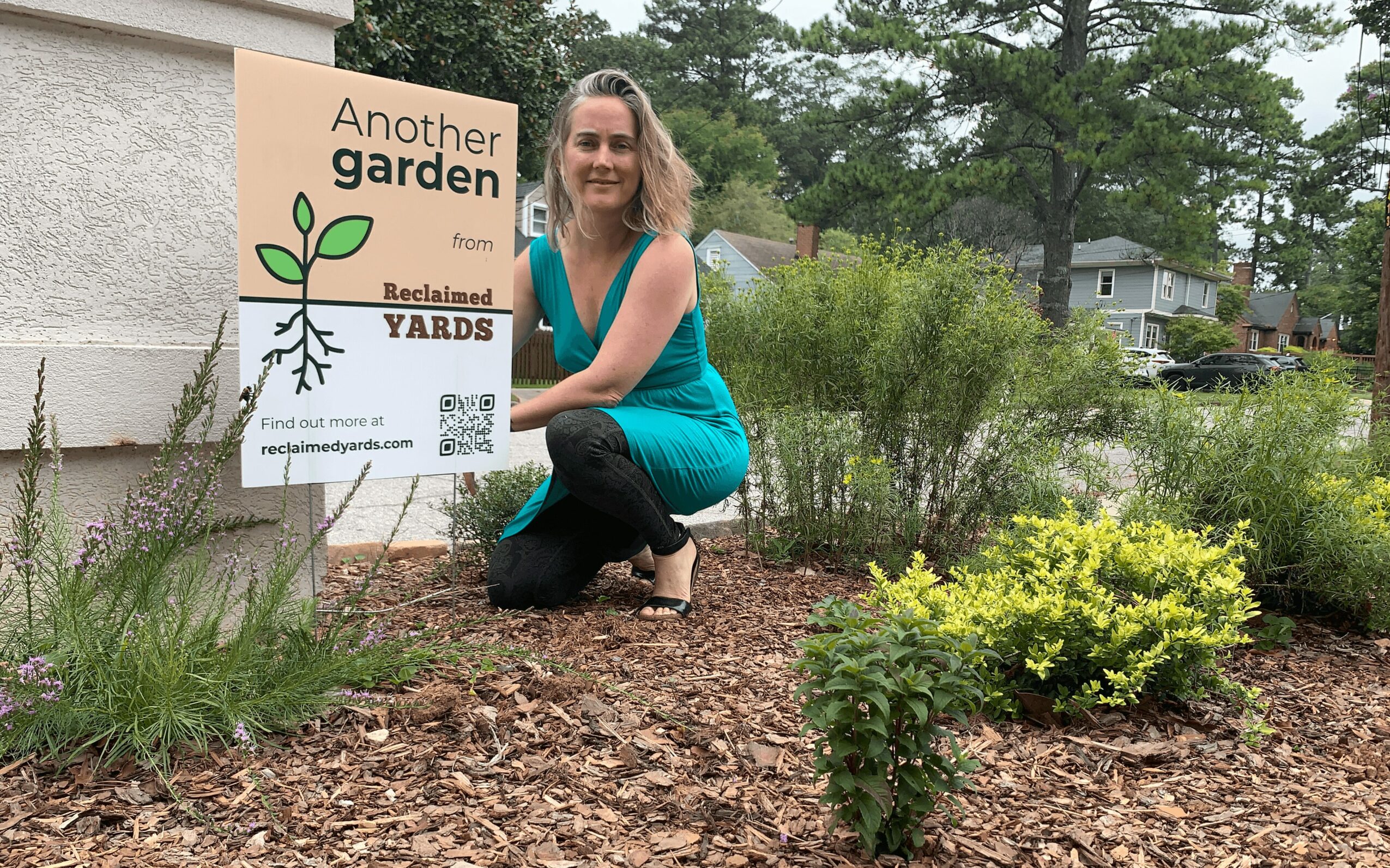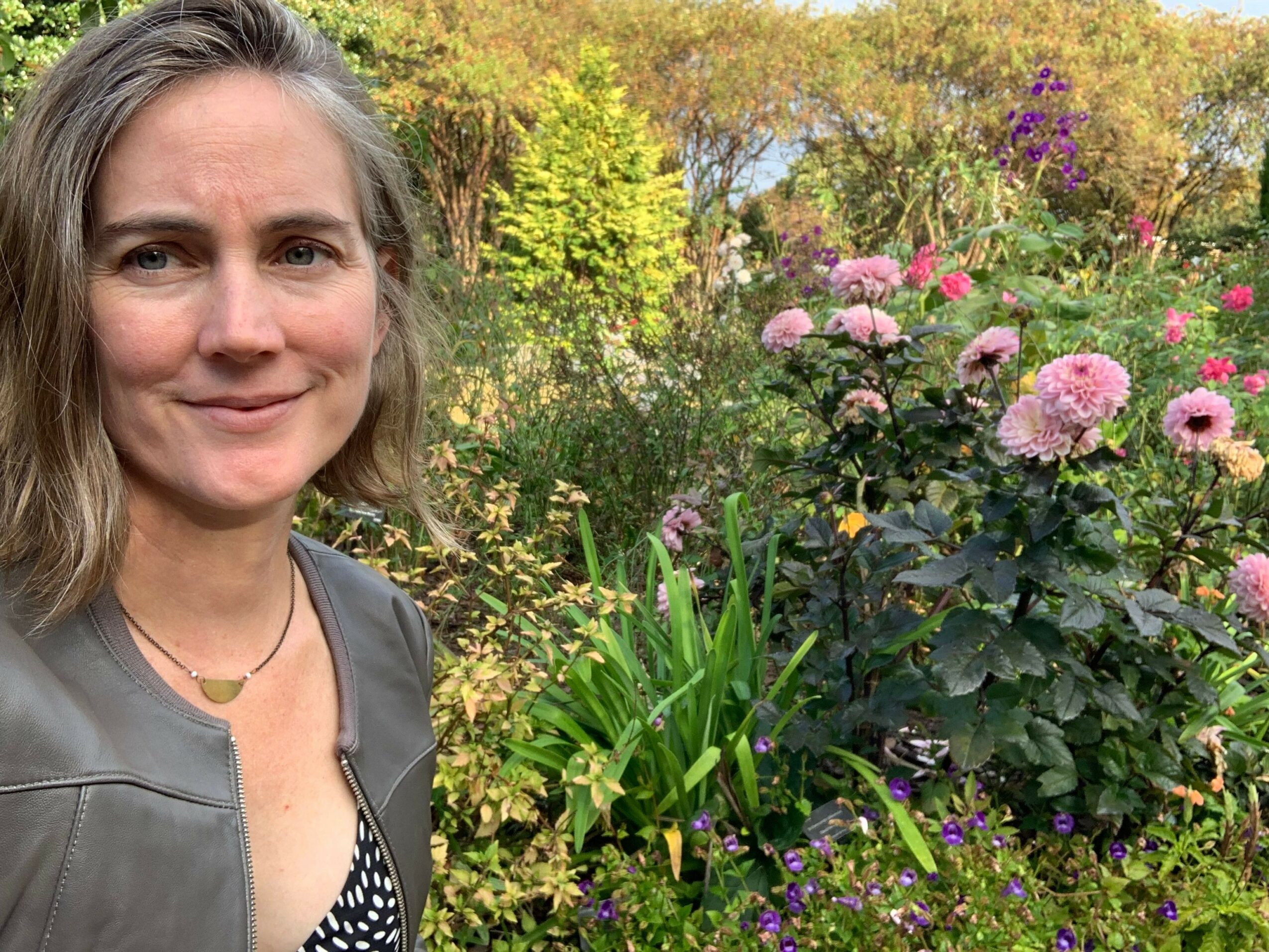
Today we’d like to introduce you to Laurel Tripp
Hi Laurel, so excited to have you on the platform. So before we get into questions about your work-life, maybe you can bring our readers up to speed on your story and how you got to where you are today?
The through-line of my life is my love of solving problems through elegant design.
As an undergrad, I majored in environmental studies because I wanted to solve one of the biggest threats to humanity — environmental degradation. As I soon realized all environmental problems are actually social problems, I switched my major to sociology, eventually getting a PhD with a focus on addressing racial inequality.
When I entered the job force, I ended up as a digital product designer, first for websites and eventually for one of the biggest software developers in the US. Designers, at their core, are problem-solvers who start by assessing the ways in which people interact with their environments. Designers then use that in-depth understanding of people to help make their experiences better for them.
In the last 3 years, I’ve shifted my problem-solving focus from software to gardens. After getting laid off from Salesforce in the spring of 2023, I decided to take the leap to start a new business which takes many of the skills I learned in product design and applies them to native plant and eco-friendly gardening.
Can you talk to us a bit about the challenges and lessons you’ve learned along the way. Looking back would you say it’s been easy or smooth in retrospect?
My biggest challenge has been how to differentiate my business in a very crowded industry. I do a lot of work for friends to test out how to talk about the value of the Reclaimed Yards iterative approach to garden design and maintenance. Each of these engagements gives me a chance to refine my messaging. I also seek out partnerships with other businesses in my industry (e.g., doing maintenance for larger native plant designers) or completely different businesses who have customers very much in alignment with my target audience. For example, I’m about to launch a promotion in partnership with a local catering company, where we will host informative garden parties discussing how to design with native plants. And in many cases I define myself as the opposite of what is out there: instead of mow and blow, Reclaimed Yards uses eco-friendly methods to work with nature rather than fight it.
As you know, we’re big fans of Reclaimed Yards. For our readers who might not be as familiar what can you tell them about the brand?
Reclaimed Yards is a small-scale garden design, installation, and maintenance business that specializes in eco-friendly methods and native plants.
The key to our approach is based a lot on the scrum or lean methodology from product design, where the ethos is to dream big (vision), learn with every iteration (analyze), start small and fail fast (iterate).
The Vision Phase starts with in-depth client interviews about what activities they want to do in their yard, what barriers they’ve had to doing those activities, and a general sense of their aesthetic. Together, we formulate a high-level vision and set of priorities of what we want to do over time.
In the Analysis Phase, a good deal of time is spent doing maintenance tasks in the yard. This is one of the best ways to analyze the environmental factors of the microclimates within a yard through observations about the sun, water patterns, and what plants are thriving and why.
In the Iteration Phase, we break apart the larger vision into prioritized chunks of work. The goal is for each chunk to be small enough to not break the client’s bank, but just big enough to build enthusiasm for doing things in their yard. There will be failures along the way (that’s the nature of working with plants), but working at a small scale, those failures will just be enough to help learn more to make the next iteration better and not detract from the larger vision.
One of the reasons I love this way of working is that I want people to think of their yards as evolving and not static. If left unchecked, you can see how yards evolve to weeds and eventually a thicket of small trees. But when we work with nature in our yards, they can evolve with us and our ever changing needs and tastes.
Is there something surprising that you feel even people who know you might not know about?
Before moving to Atlanta, I’ve lived in California, New England, Hawaii, and Florida. Each of these places have very unique environments that I love. In California, the majestic, huge redwoods. In New England, the explosion of fall color. In Hawaii, the lush vegetation in staggeringly beautiful canyons. In Florida, the massive live oaks that look like they’re trying to hug you. Now that I live in Georgia, I love the ability to go from beaches to mountains and experience the amazing diversity of plants and animals.
Pricing:
- Small yard annual subscription: $250/month
- Medium yard annual subscription: $500/month
- Ad hoc design: $150/hour
- Ad hoc maintenance: $70/hour
- Catered garden party: $110-130/person
Contact Info:
- Website: https://www.reclaimedyards.com/
- Instagram: https://www.instagram.com/reclaimedyards/
- Facebook: https://www.facebook.com/reclaimedyards
